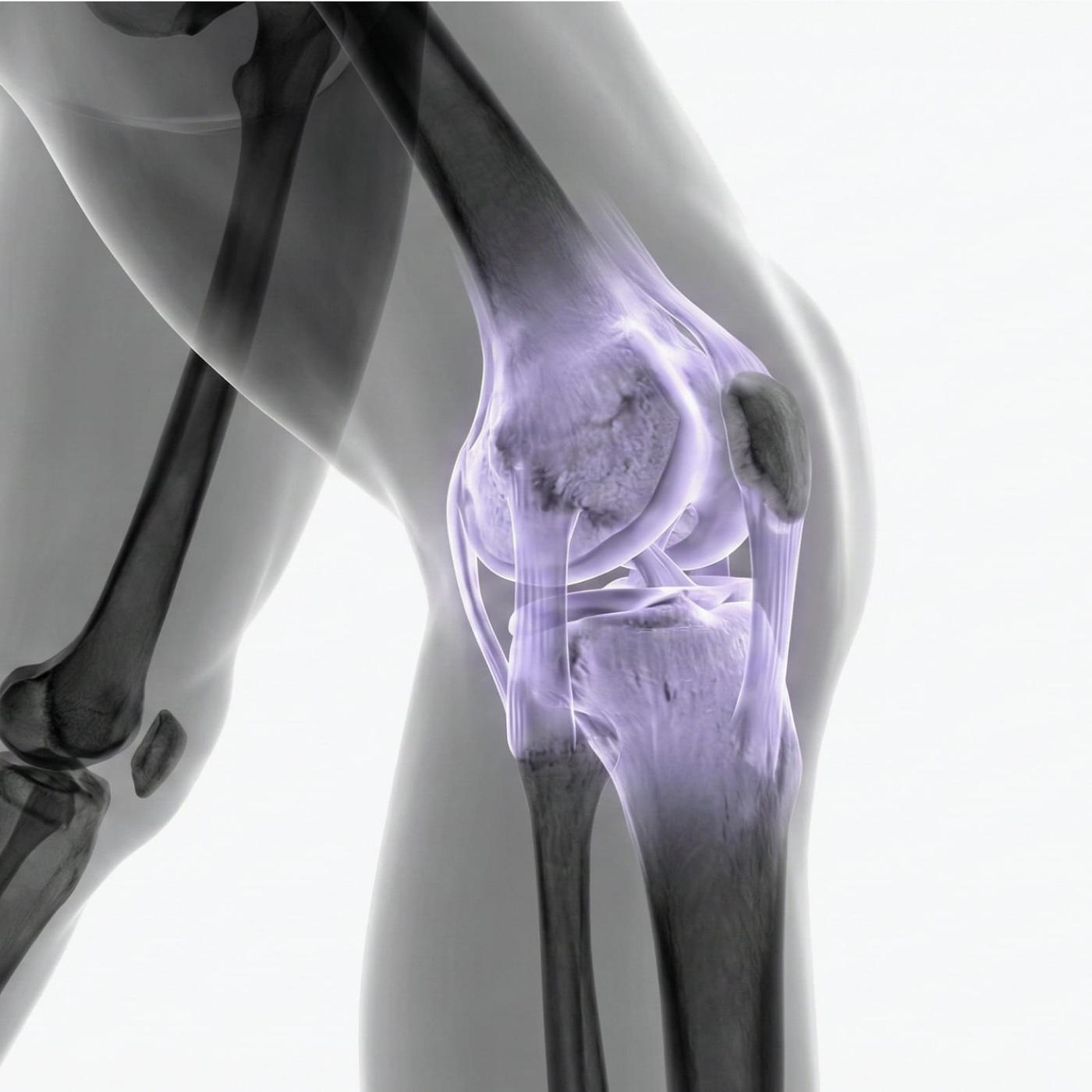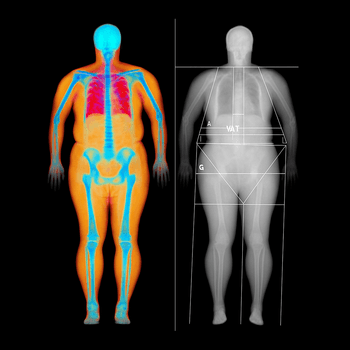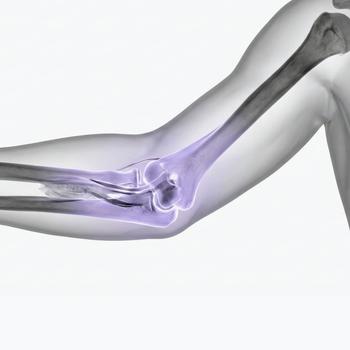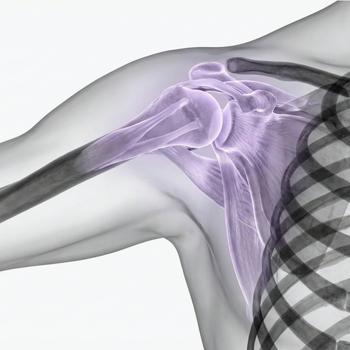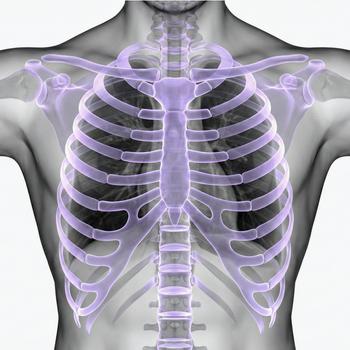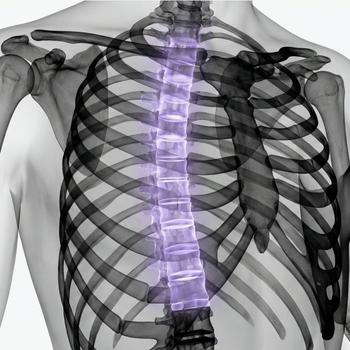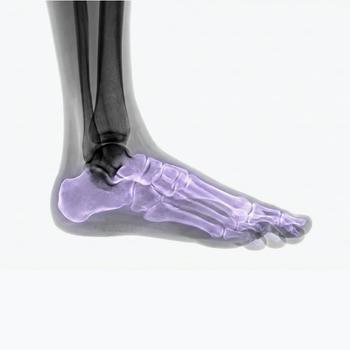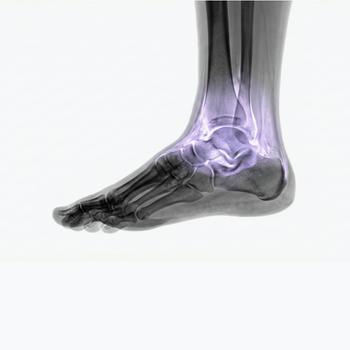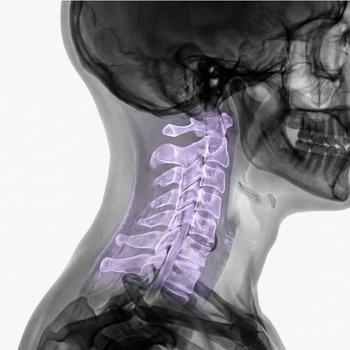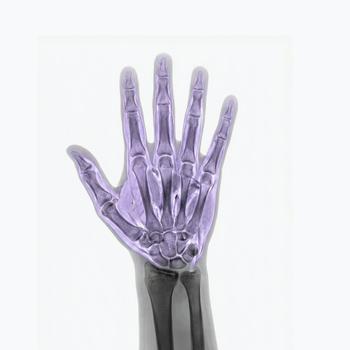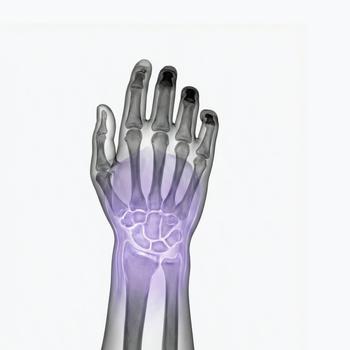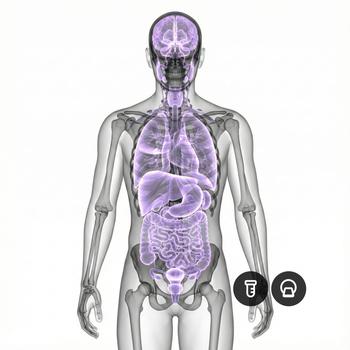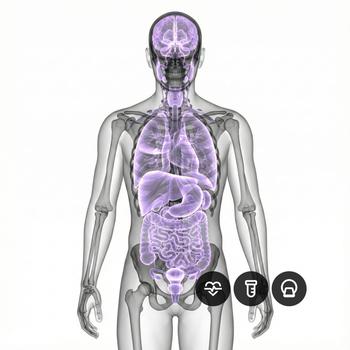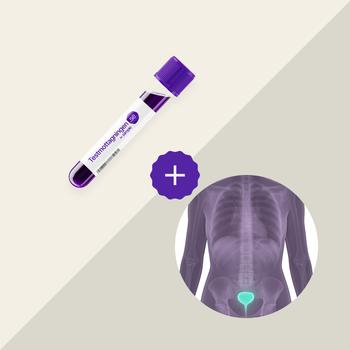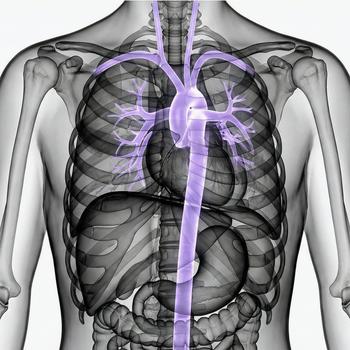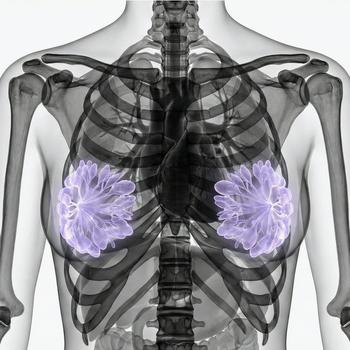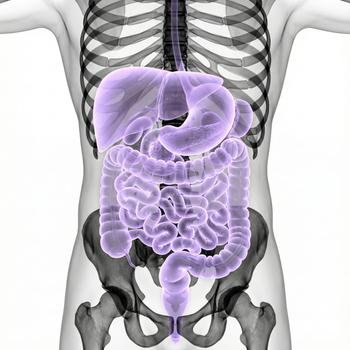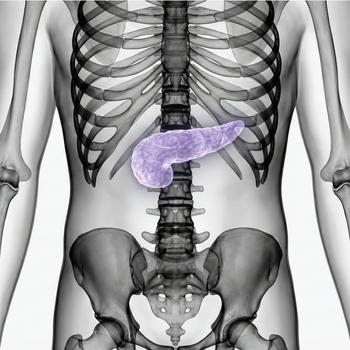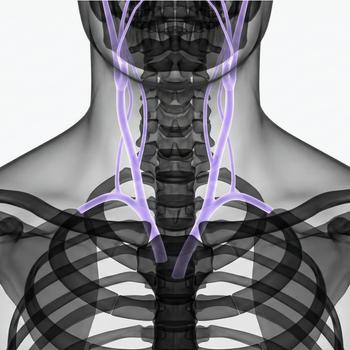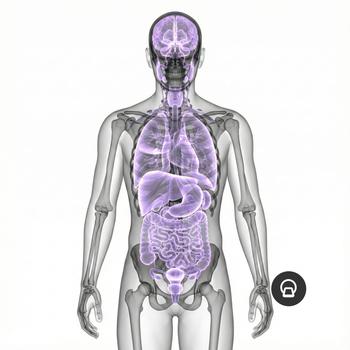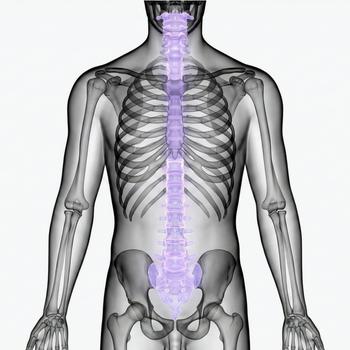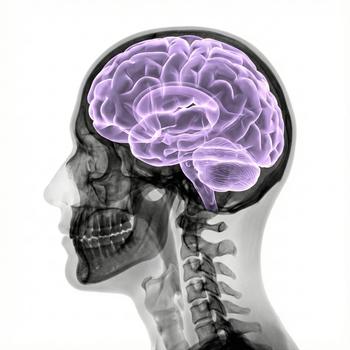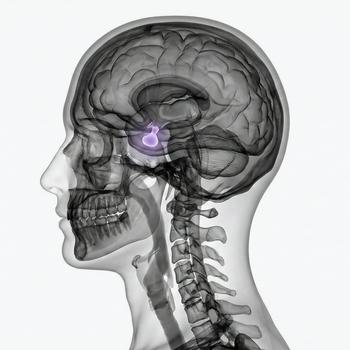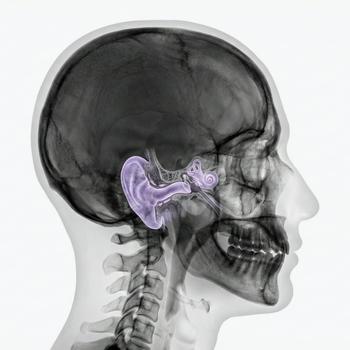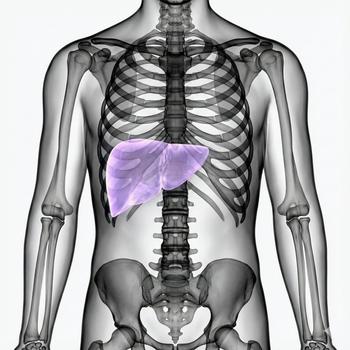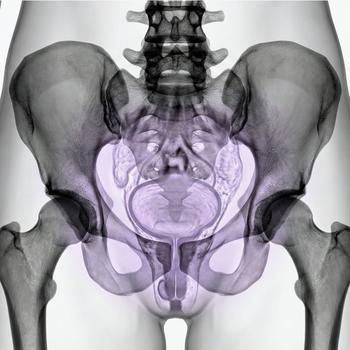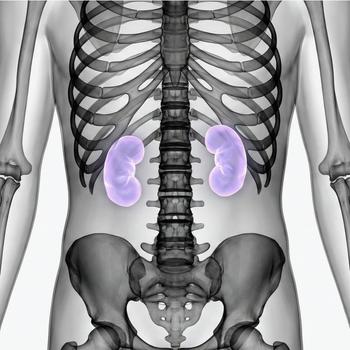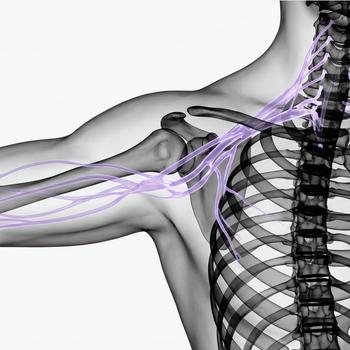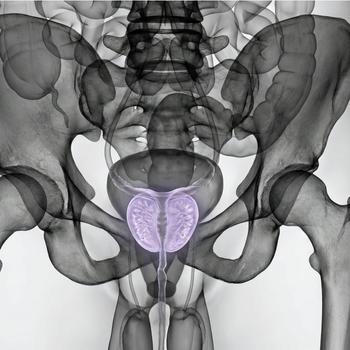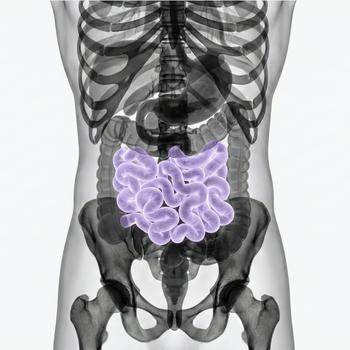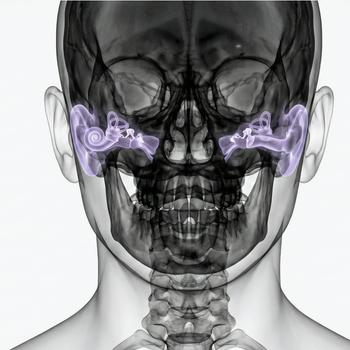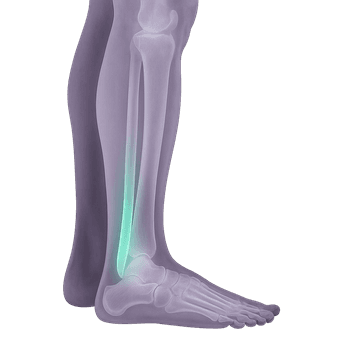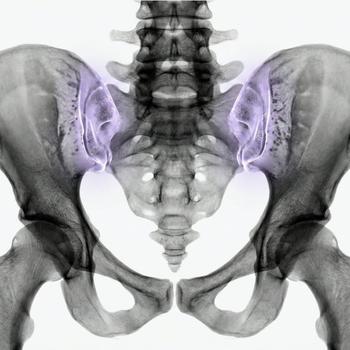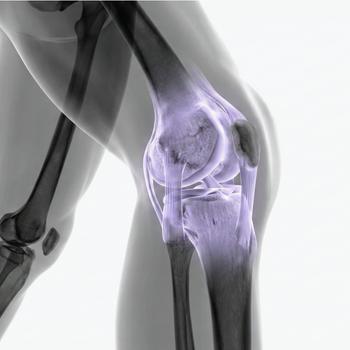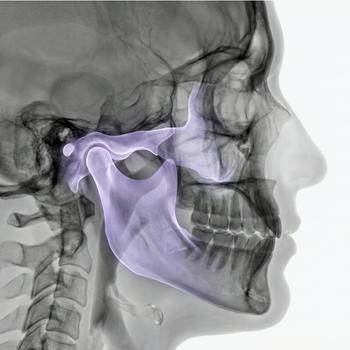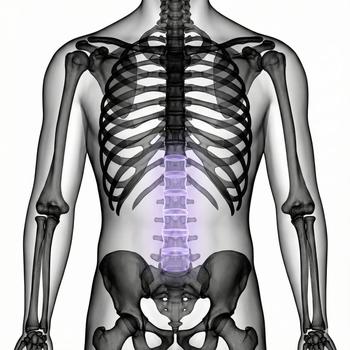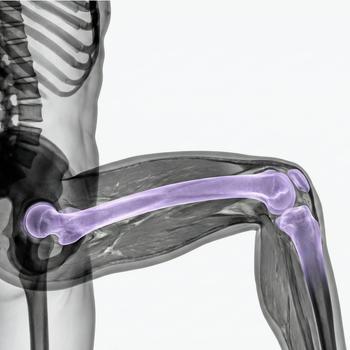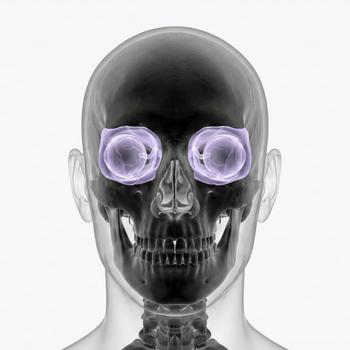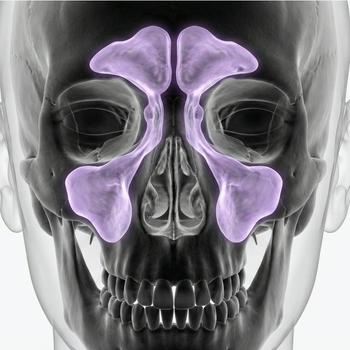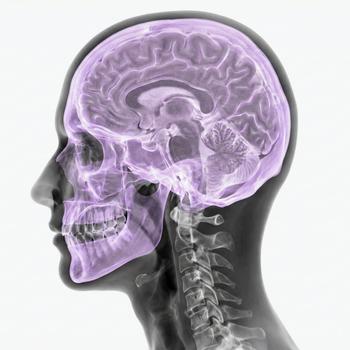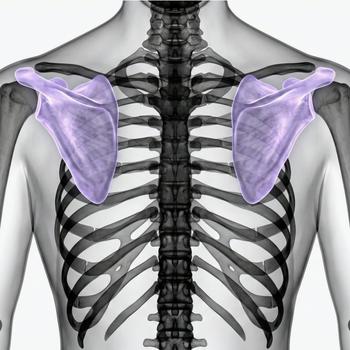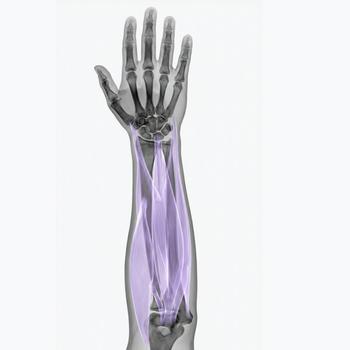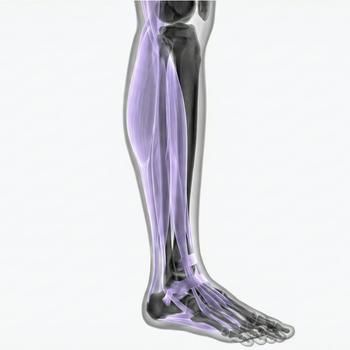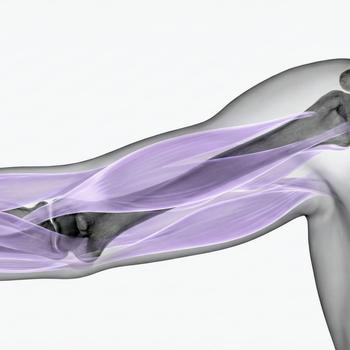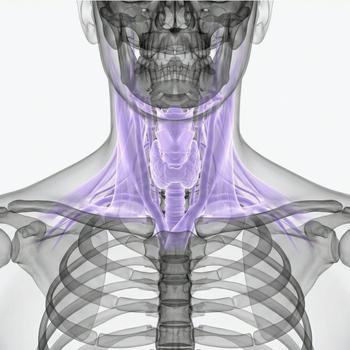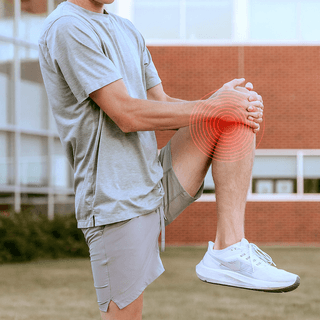MRI Knee joint – Examination for Injury, Pain or Instability
The knee joint is one of the body's most stressed joints and is particularly vulnerable during sports, falls, twisting and repetitive movements. Pain, swelling, instability or locking in the knee may indicate damage to the ligaments, menisci, cartilage or cruciate ligaments – where MRI is the best method to evaluate the extent of the damage.
MRI knee is an important complement to clinical examination, especially after acute sports injuries or long-term strain-related problems. The examination is completely radiation-free and provides high-resolution images of the internal structures of the knee joint, including the cruciate ligaments, menisci, ligaments, cartilage, synovial fluid and bone marrow.
When is an MRI examination of the knee recommended?
MRI of the knee joint is recommended when symptoms do not go away, recur with strain or when injuries that are not visible on regular X-rays are suspected. The examination is particularly valuable before treatment decisions or surgery.
- Acute pain after a sports injury, fall or twist
- Instability or feeling of weakness in the knee
- Long-term pain, swelling or stiffness in the knee joint
- Suspected meniscus injury or cruciate ligament injury (ACL/PCL)
- Knee that locks, clicks or makes unusual noises
- Unclear knee problems where previous examinations have been insufficient
MRI is often used when the following conditions in the knee joint are suspected
- Meniscus injury – rupture or degeneration of the inner or outer meniscus
- Anterior or posterior cruciate ligament injury (ACL/PCL)
- Ligament injuries – e.g. collateral ligaments after trauma
- Cartilage damage or osteoarthritis changes
- Baker's cyst or joint fluid accumulation
- Bone marrow edema or stress fracture in the knee region
- Inflammation or rheumatic effects on the knee joint
Book an MRI of the Knee Joint – without waiting time or referral requirements
An MRI of the knee is an effective way to get a clear diagnosis of knee problems and guide the correct treatment. The examination takes about 20–30 minutes, is completely painless and is performed without radiation. You do not need your own referral – we arrange everything in connection with booking. A report from a specialist is delivered within a few days.






















